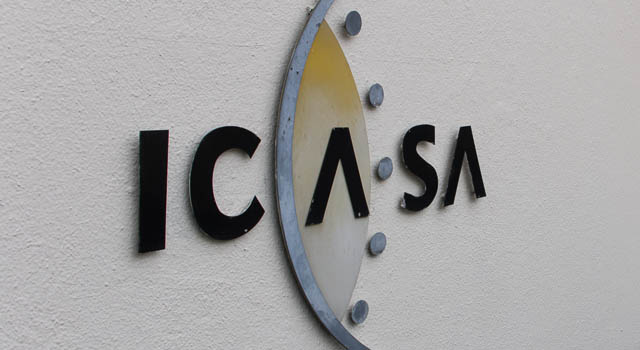
Communications regulator Icasa’s 2014 call termination rates are “invalid and unlawful” but the cuts to the rates will take effect as planned on 1 April for a period of six months, high court judge Haseena Mayat ruled on Monday.
Mayat said she was exercising her discretion, and acting in the public interest, in ruling that the cuts take effect on 1 April. From tomorrow, operators must charge each other 20c/minute to carry calls between their networks, from 40c/minute now.
Smaller operators will enjoy “asymmetry” whereby they receive 44c/minute in interconnect from MTN and Vodacom.
Icasa now has six months to amend the regulations to ensure they follow the correct processes and are lawful.
The judge did not grant either the interim or the final order that MTN and Vodacom had been seeking.
Neither side is likely to be able to claim victory following the court’s judgment in the matter. However, the fact that the regulations were found to be invalid and unlawful will raise further questions about the ability of Icasa, which is chronically under-resourced, to regulate the information and communications technology sector effectively.
The two big mobile operators have spent the past week engaged in legal combat with Icasa over the new rates, which will mean a 50% cut in the rates that mobile operators may charge each other to carry calls between their networks.
Icasa introduced regulations to bring down the rates and favour smaller operators in an effort to stimulate competition in South Africa’s mobile industry and force down retail prices.
Vodacom and MTN are strongly opposed to the rate of decrease proposed by Icasa as well as the fact that it had introduced a strong level of “asymmetry” that disfavours them in favour of Cell C and Telkom Mobile. Wim Trengrove SC, for MTN, argued that this amounted to an unfair subsidy that would have to be paid for by MTN and Vodacom customers.
The high court judgment comes after a week in which senior counsel for Vodacom and MTN did battle with Icasa’s legal team.
In an unexpected and still unexplained move, Icasa last week pulled the plug on the regulations in years two and three, meaning it asked the court to enforce only the first year’s cut, to 20c/minute with 44c/minute asymmetry for smaller operators.
MTN and Vodacom asked the court to scrap the 2014 regulations. Alternatively, the wanted interim relief to prevent the introduction of the new rates until they had been reviewed. They argued that Icasa had failed to ask them for the information it would have needed to make a cost-based determination on the rates. Icasa argued that the two operators had plenty of opportunity to make this information available if they were concerned that the regulator was not privy to the information it needed. — (c) 2014 NewsCentral Media




